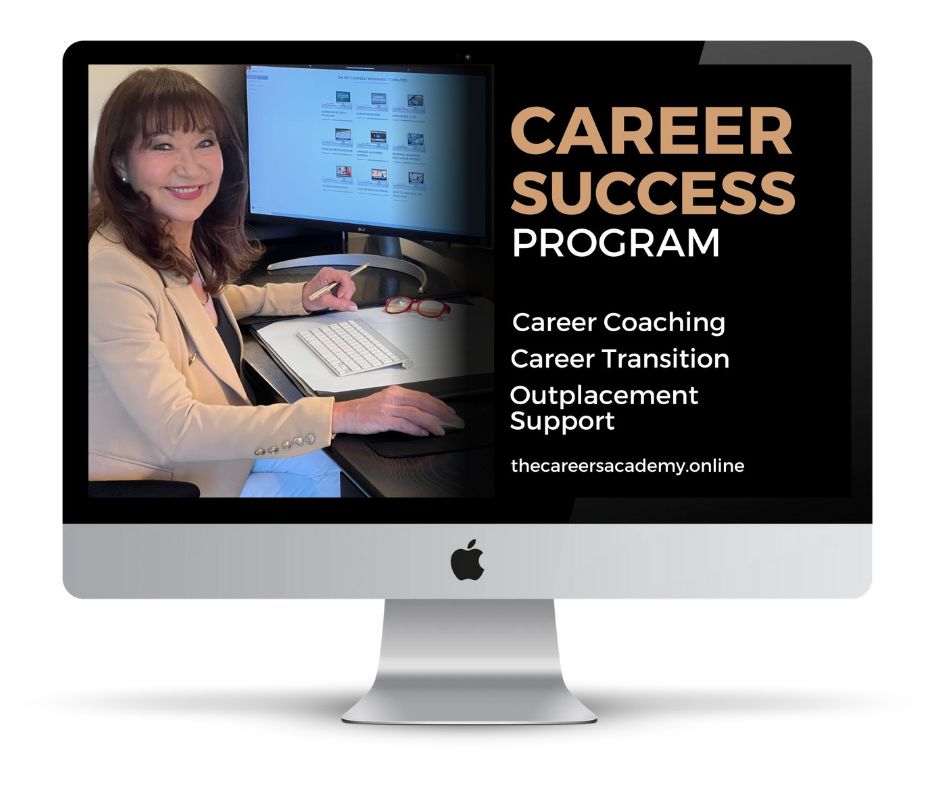
Do you know the difference between a resumé and a CV? Most people think that Resumés and CV’s are one and the same. However there is a big difference between the two!
Over the past 20 years as a career coach and recruiter, I’ve reviewed thousands of resumés and too many job seekers submit a CV for a corporate role rather than a resumé because they don’t know the difference between the two.
The difference between a resumé and a curriculum vitae
The word RESUMÉ is French for ‘Summary‘.
CV (or Curriculum Vitae) is Latin for ‘Course of Life‘.
In both cases, the documents are:
- A marketing tool to help you get an interview
- Tailored specifically to the job and company to which you are applying
- Highlight why you are the best candidate for the job
If you are applying for both academic as well as industry (private or public sector) positions, you will need to prepare both a resumé and a CV.
Curriculum Vitae (CV)
The CV presents a full history of your academic credentials, so can be quite lengthy if you have a long career and an extensive academic history as well as awards, patents, written papers and more.
CVs are typically used by people seeking fellowships, grants, postdoctoral positions, and teaching/research positions in postsecondary institutions or high-level research positions in industry and scientific roles.
Resumé
In contrast, a resumé is a synopsis of your career highlights, presenting a concise picture of your skills and qualifications for a specific role.
The length of your resumé should be no more than 2-3 pages long (you may find some job advertisements will state how long a resumé they prefer.)
Graduate school applications typically request a CV, but often are looking for a resumé that also includes publications and descriptions of research projects.
In some countries, the name ‘CV’ is used to describe all job application documents when what they really mean is a ‘resumé.’
I’ve found that in the United States, Canada and Australia, the word CV or Resumé can be used interchangeably.
If you are not sure exactly what is required, don’t hesitate to reach out to the recruiter or the person who posted the job description to ask for clarification.
It’s always good practice to try to contact the person handling the screening of applications before applying as standard procedure. This way you can find out more information before working on your job application.
This summary will help you decide which document is best for your situation:
| Resumé | Curriculum Vitae (CV) |
| Emphasises skills | Emphasises academic accomplishments |
| Used when applying for a position in industry, non-profit, and public sector | Used when applying for scientific or research positions, or for academia, fellowships and grants |
| Tailored for specific roles and ensure KEY WORDS relevant to the role are included | Begins with education and can include the name of advisor and dissertation title or summary. Also used for merit/tenure review and sabbatical leave |
| Is no longer than 2-3 pages, with an additional page for publications, presentations, speaking engagements, papers written (if highly relevant) | Length depends upon experience and includes a complete list of publications, papers and presentations |
Write a Resumé that gets positive results
Get all the support you need to create job search communication that gets results. You need to create a powerful resumé, write targeted cover letters, deliver a strong verbal pitch for networking and interviews and possess the confidence to project your most professional self during your job interviews.
Join the CAREER SUCCESS PROGRAM today and I will help you to get in the driver’s seat of your own career!


